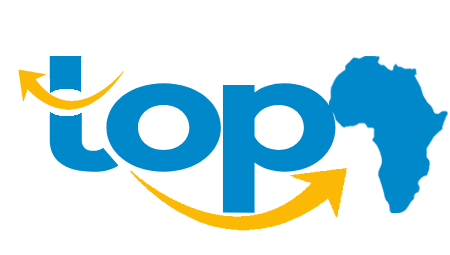
African products are highly valued on the international market, and the United States is no exception. African products are known for their quality, durability and originality. However, there are challenges for African companies seeking to sell their products in the United States.
According to UNCTAD, the total value of exports from Africa to the rest of the world averaged US$760 billion in current prices between 2015 and 2017, compared with US$481 billion for Oceania, US$4,109 billion for Europe, US$5,140 billion for the United States and US$6,801 billion for Asia.
Rules of origin are a key element for African companies looking to sell their products in the United States. According to Jeune Afrique, the "Made in America" label is mandatory in the United States, as it is in China, Japan and Canada. However, in order to apply this label to a product, 75% of its manufacturing costs must be incurred in the United States.
For African companies looking to sell their products in the US, it's important to understand the rules of origin and ensure that their products meet these requirements. Companies must also be able to supply quality products, comply with U.S. safety and quality standards, and find reliable business partners such as online sales platforms and marketplaces.
African companies can also benefit from programs such as *Prosper Africa, which aims to strengthen commercial ties between the USA and Africa. According to **the U.S. Embassy in Niger*, Prosper Africa helps U.S. and African businesses thrive together by providing resources and tools to help companies find business partners, access financing and navigate trade regulations.
In short, African companies have great opportunities to sell their products in the U.S., but they must be prepared to meet the challenges and requirements of the American market. Rules of origin, product quality and reliable business partners are key to success in the US market.
